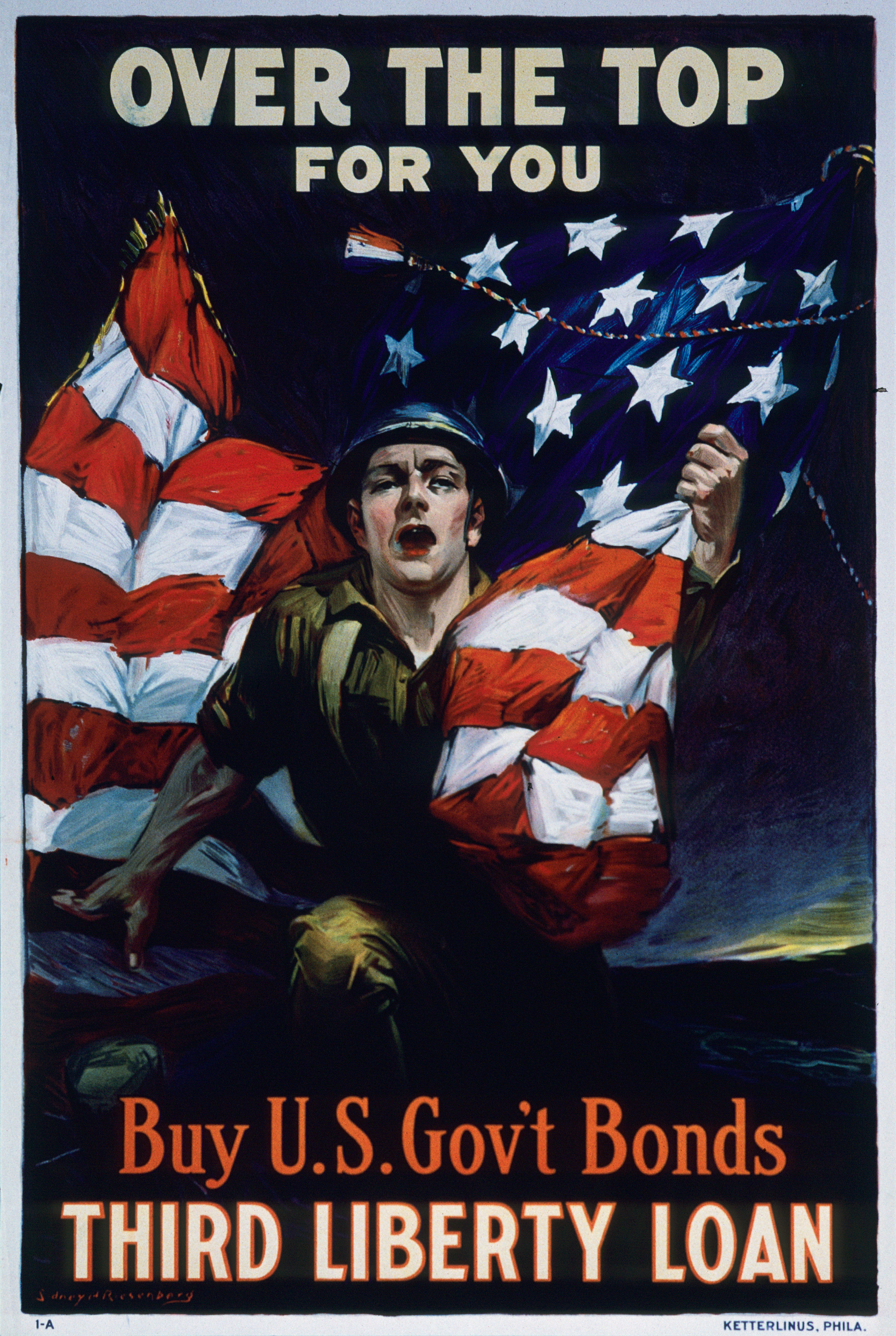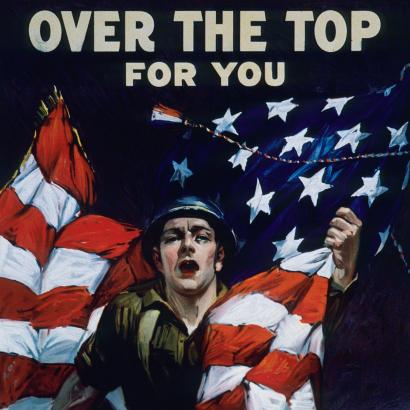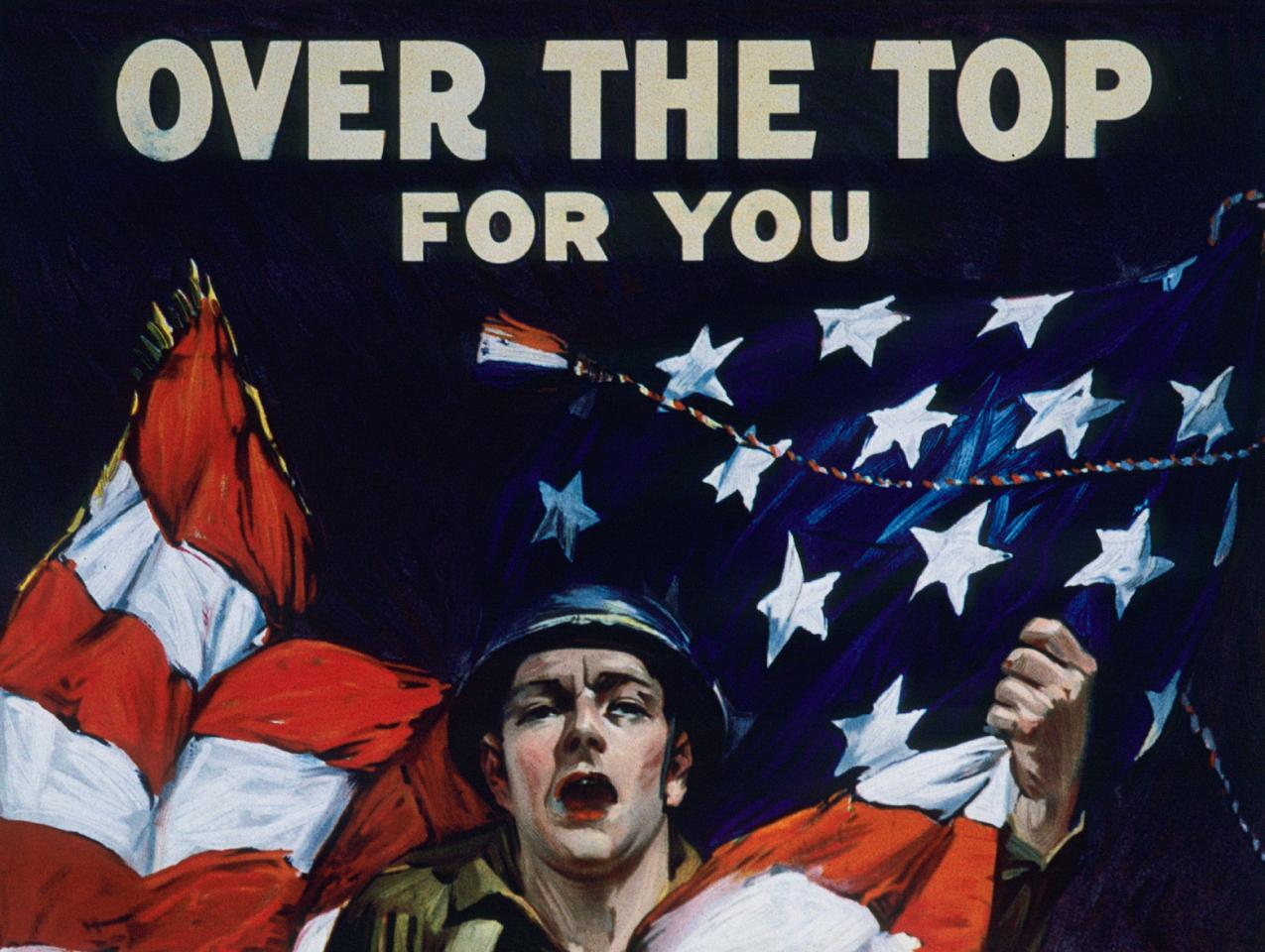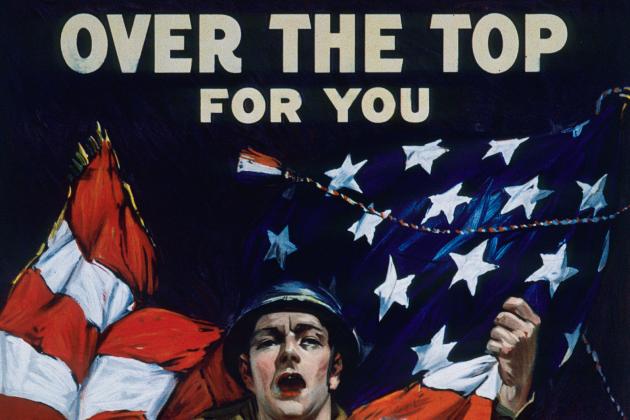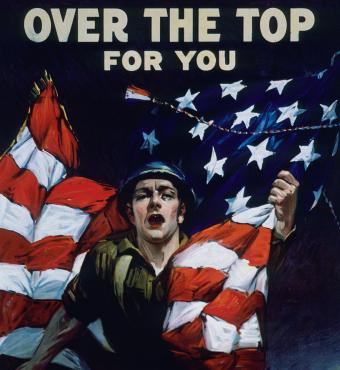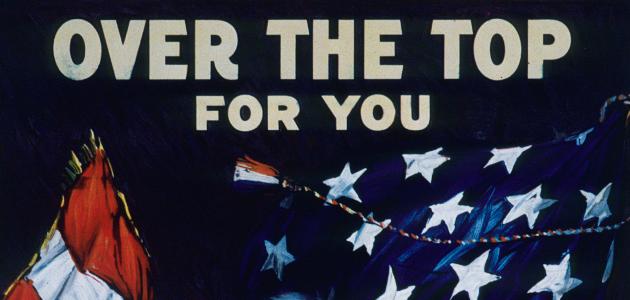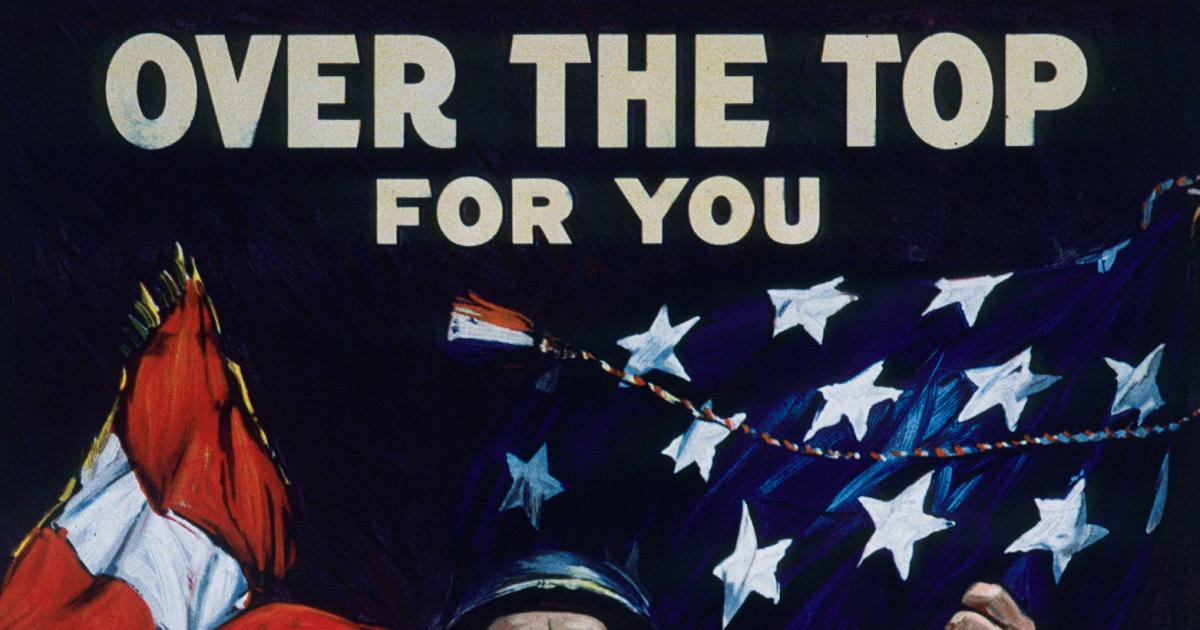Any major intervention abroad, if it is to achieve a lasting political settlement, will almost inevitably involve the commitment of ground forces. America’s air and naval forces are impressive, and there are few, if any, who can match them. But in the end, air and naval forces cannot seize, much less hold, ground. The bottom line is that the United States will have to commit its ground forces in defense of its interests as well as those of its allies, if it is to achieve its larger interests. The problem is that war in the twentieth, and now in the twenty-first century, has come to involve much more than the straightforward defeat of enemy conventional forces. It now involves unconventional conflicts, hybrid warfare, the suppression of terrorist movements, and cyber war against unseen enemies. It demands a political and military leadership that understands the historical and political complexities of present and future enemies.
The early years of the Cold War provide a useful model of how we might best think about whether the engagement of ground forces is necessary either directly into war or indirectly to support America’s political and economic interests. In the post-World War II period, American statesmen confronted the threat posed by the Soviet Union and its puppets. By the late 1940s, the United States had found it necessary to support the economic rebuilding of Europe, the maintenance of the areas of Berlin controlled by the Western Powers, and the creation of NATO.
Outside of the atomic bombs in the U.S. arsenal, American military power represented a paper tiger. That all changed with the Korean War. The commitment of major air, sea, and especially ground forces brought the North Korean advance to a screeching halt. What followed then was the strategic decision to limit the ground commitment in Korea sufficient to maintain a stalemate on the peninsula. At the same time a massive buildup of military power began, with much of the deployment of U.S. military forces, especially army divisions, to Europe. In both cases the result was a considerable success. The eventual armistice allowed the growth of a South Korean economic giant. Likewise, the commitment of American military power to a Europe that shares many of the traditions and values of the United States has provided a foundation lasting with its ups and downs for over seventy years, and now proves useful in the face of Russia’s invasion of Ukraine.
Unfortunately, the record of American interventions on the ground since 1960 has for the most part proven less successful. H.R. McMaster’s brilliant retelling of the political and military incompetence that resulted in the commitment of massive amounts of resources and hundreds of thousands of troops still makes depressing reading. What makes the history of that period even more depressing is the fact that we managed to repeat every mistake the French had made in their war against the Viet Minh, even after they were gracious enough to forward to the Pentagon their after-action report on their eight-year catastrophe in Vietnam. Such was our contempt for even the recent past.
In the aftermath of Vietnam, American policy makers and their military advisors resisted the temptation to involve ourselves in places like Somalia, Ethiopia, and Angola, except in the most limited fashion. Instead, it was the Soviets, who allowed themselves to gather under their umbrella those failed states at considerable economic cost. The intervention in Afghanistan represented the last step that finished off the Soviet political and economic system. The United States was willing to employ proxy forces to make Soviet efforts even more difficult, but the cost of providing substantial numbers of Stinger missiles and other small arms to the Afghan Mujahadeen involved no American lives.
In July 1990, Saddam Hussein invaded Kuwait in an effort to recoup the enormous loans he had made to the Gulf Arabs to support his lengthy and costly war with Iran. He clearly expected that there would be no response from the Western Powers including the United States, whose diplomats had enunciated their disinterest in his actions. Helped by Prime Minister Margret Thatcher, President George H.W. Bush immediately dispatched F-15s to be followed rapidly by ground forces. The buildup, under the code name of Desert Shield, involved not only major U.S. force, but a wide-ranging coalition of Western and Arab nations.
By November 1990 the Coalition had deployed considerable military forces, sufficient to defeat the Iraqis and drive them out of Kuwait. But there were worries over the potential cost, many military analysts describing Saddam’s army as consisting of battle-hardened soldiers. The discussions among the president and his military advisers at that time reflected the cautions created by their experiences in the Vietnam War. Colin Powell, then chairman of the JCS, argued for maximum ground military force if it were necessary to force Saddam from Kuwait by military force. The result was the decision in November 1990 to postpone the offensive until another U.S. Army corps had deployed to Saudi Arabia.
The movement of that corps would not be completed until early February, but the air campaign began in early January with strikes that destroyed the Iraqi air defense system in the first night. Thereafter Coalition air forces began an around the clock bombing of airfields and ground forces in Kuwait and Iraq. The length of that air campaign provided Saddam an opportunity to take advantage of the Coalition’s failure to attack on the ground, to pull his forces out of Kuwait, and then to argue to the Arab street that the Americans and their Western allies had been too cowardly to face his army mano a mano. But Saddam, stubborn to the end, refused to take advantage of the situation. Instead, in late February the mailed armored fist of the Coalition’s tank and marine divisions destroyed the cream of the Iraqi Army in one-hundred hours and ended the myth of Iraqi military effectiveness.
Governed by the political constraints that Bush and his advisors had utilized to establish the multi-nation coalition, the advance stopped upon reaching the frontier areas of Iraq. In every sense, the Gulf War of 1991 represented an effective use of ground forces within an intelligent strategic framework to achieve political objectives. But many failed to see it in that way. To them, the crushing of Saddam’s military had presented a unique opportunity to destroy the Ba’athist regime and replace it with something far more reasonable, at least according to Western standards.
Nevertheless, the next American commitment of American ground forces proved less than successful. Late in Bush’s presidency, affairs in Somalia had reached the point where the complete breakdown of authority had created mass starvation across much of the country. The initial American commitment consisted of Marine units well prepared for the political difficulties of dealing with a complex and murderous situation. The army unit that followed was not well prepared to understand the nuances of a tribal society, and the result was the ambush in Mogadishu in October 1993 that left eighteen American soldiers dead and seventy-three wounded. Under considerable political pressure, President Bill Clinton decided to pull American troops out, which ended UN efforts to bring political order to a failed state. At least there was no long-term commitment of ground forces to a situation that possessed no clear political end state.
9/11 changed the ballgame. The al-Qaeda attack, supported and protected by the Taliban regime in Afghanistan, gave the United States no choice but to commit major military forces to destroy both bin Laden’s terrorists and the regime that had protected them. The mobilization and deployment of U.S. forces was impressive, although there seems to have been little effort to come to grips with the political realities of tribal Afghanistan. The following campaign seemingly destroyed both political entities. But as the campaign was ending, the Americans made their first political mistake. By December bin Laden had holed up in the Tora Bora mountains. The Marines and the first Army troops arriving were prepared to go after him. But General Tommy Franks, displaying a lack of interest in Clausewitz’s emphasis on the political as being primary, sent local militia to do the job. Bin Laden escaped and the United States missed an opportunity to send the message to like-minded terrorists that it would come after them no matter how distant the location.
How unprepared the U.S. military was for what ensued after the fall of the Taliban regime is the fact that, when Lieutenant General David Barno took over as commander in 2003, the only U.S. doctrinal publication he could find on the counter-insurgency warfare was the textbook he had had at West Point in 1972. Within a year, those overseeing the wreckage of Afghanistan, left by twenty years of war and civil war, made a number of mistakes that would influence the course of events leading to August 2021. One of the more serious came with the emergence of Hamid Karzai as the leader of Afghanistan. Karzai possessed all the criteria beloved of Westerners. He spoke English, enunciated all the proper commitments to liberal values to Coalition members, and at least had not participated in the internecine strife that had characterized relationships within Afghanistan for centuries. The problem was that he possessed little of the ruthlessness of the Afghan warlords and was manifestly unable to operate in the violence-prone milieu of Afghanistan.
Another major mistake came with the effort to disarm the warlords and their bands of armed thugs and replace them with an Afghan police force and army. The problem was that the latter did not yet exist, and into the vacuum created by the disarming of the warlords, the Taliban rapidly flowed. Adding to emerging difficulties was the fact that the American president, George W. Bush, had made the decision to destroy Saddam’s bedraggled regime and eliminate his supposed program in weapons of mass destruction.
In retrospect, there are few decisions made by the leaders of the United States in the period since 1961 that have proven more facile and ignorant of the political and cultural framework of the area, than that in which U.S. troops would operate after the fall of Saddam’s regime. Secretary of Defense Donald Rumsfeld was thoroughly successful in sabotaging efforts to establish an effective postwar occupation, and as a master manipulator of the bureaucracy was immensely successful in his efforts. After the crushing military victory over Iraq’s military, the U.S. occupation began—one characterized by chaos and ignorance. Bush, Jr. and Dick Cheney, the vice president, seemed to have picked the American civilian leader responsible for the occupation on the basis that he had been a classmate of the latter at Yale in the early 1960s. The military leadership through 2006 was appalling, neither Ricardo Sanchez nor George W. Casey displaying the slightest interest in nor understanding of the complex dynamics of the civil war unraveling before their eyes. With a political and military leadership ignorant of Iraq, its history, and its political framework, the result could only have been disaster. Only the arrival of the surge of troops in early 2007, General David Petraeus, and Ambassador Ryan Crocker, the State Department’s representative, prevented a catastrophic collapse of Iraq. It is not worth recounting the dismal tale that followed. It is all too familiar to readers of Strategika.
Are there lessons, then, that one can learn from the record of the past sixty years? First of all, there will be future crises that seemingly require the commitment of ground forces. The careful, nuanced use of ground forces in the fifteen years after World War II would seem to provide a useful example. Simply put, to prevent the replay of future disasters, American political and military leaders must do so only with a careful, historically based understanding of the “other,” his culture, and his understanding of the world.
The problem is that Americans, largely thanks to their appalling educational system, know virtually nothing of history, including their own, and possess even less competence in foreign languages. With our universities more interested in wokism than serious learning, we are well prepared to march confidently into the future with assurance that we will repeat every mistake made in Vietnam, Afghanistan, and Iraq.







